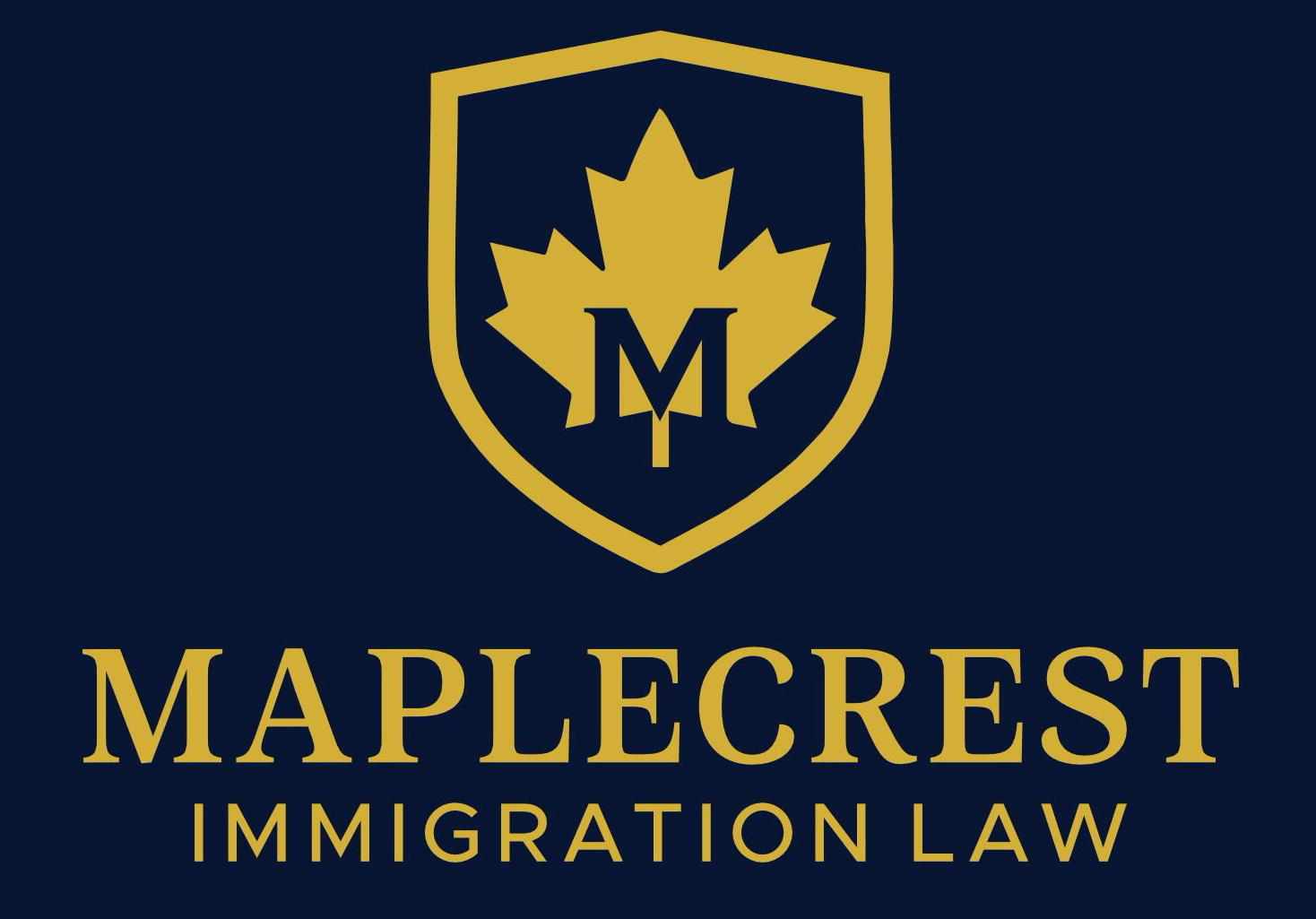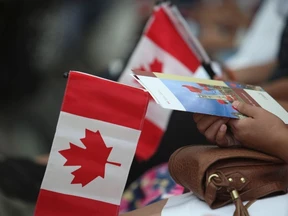The Canadian government has opened a pathway for many individuals, often called “lost Canadians,” to reclaim citizenship through a discretionary grant. These grants are available under interim measures pending amendments to the Citizenship Act. The opportunity is significant for people born outside Canada to Canadian parents or grandparents who were excluded by the first-generation-limit rule.
Understanding the discretionary grant process is critical. The application requires specific documents that vary based on the applicant’s circumstances. Submitting complete records improves the chances of approval and prevents delays by Immigration, Refugees and Citizenship Canada (IRCC).
Why a Discretionary Grant of Citizenship Matters
A discretionary grant allows individuals who fall outside the normal citizenship rules to become Canadian citizens. This measure benefits those excluded by past legislation or administrative practices. It restores rights to those who maintained ties to Canada but were legally left out.
For example, children or grandchildren of Canadian citizens born abroad may qualify. British subjects with residency in Canada before 1947 or Newfoundland before 1949 may also apply. Women who lost their nationality through marriage before legislative changes are included.
The process is not automatic. Applicants must prove their eligibility with documentation. IRCC carefully examines the records provided before granting approval. That is why understanding the exact requirements is essential.
Core Documents Needed for All Applications
Every applicant seeking a discretionary grant of Canadian citizenship must provide several baseline documents. These create a foundation for the application.
-
Application Form (CIT 0001): This is the official request for a citizenship certificate.
-
Photographs: Two original photos for paper submissions or one digital image for online applications, following IRCC’s specifications.
-
Personal Identification: At least two forms of valid identification, with one displaying a photograph. Examples include passports, national ID cards, or driver’s licenses.
-
Proof of Payment: Evidence that processing fees have been paid in full.
These documents apply regardless of the scenario or format chosen. Missing any of them will result in a return or delay of the application.
Additional Documents for Specific Circumstances
Some applicants must provide extra documentation: these requirements depend on individual situations such as representation, name changes, or gender declarations.
-
Using a Representative: Complete the Use of a Representative Form (IMM 5476).
-
Legal Name Change: Provide legal evidence, such as a marriage certificate, divorce decree, or adoption order.
-
Gender Change: Submit the Statutory Declaration – Request for a Change of Sex or Gender.
These supporting documents are mandatory if the condition applies: failure to include them may delay IRCC’s review of the application.
Case One: Children Born Abroad to Canadian Parents
Applicants born outside Canada to a Canadian parent but never issued a citizenship certificate must provide:
-
Foreign birth certificate showing the Canadian parent’s name.
-
Proof that at least one parent is a Canadian citizen. This may include:
-
Provincial or territorial birth certificate
-
Canadian citizenship or naturalization certificate
-
Certificate of Registration of Birth Abroad (RBA)
-
Certificate of Retention of Canadian Citizenship
-
British naturalization certificate from Canada or Newfoundland
-
If the Canadian parent is not listed on the birth certificate, additional records are needed. These include court orders, hospital records, or surrogacy agreements, plus an explanation of the omission. Adoption orders are not accepted in this scenario.
Case Two: British Subjects with Canadian Residency
Individuals who were British subjects and lived in Canada before January 1, 1947, or in Newfoundland before April 1, 1949, must provide:
-
Long-form foreign birth certificate.
-
Proof of British subject status, such as a birth certificate or British naturalization certificate.
-
Proof of landed immigrant status in Canada. This can be immigration papers or a passport entry stamp.
-
Proof of residency in Canada before 1947 or Newfoundland before 1949.
Women married before 1947 must also include a marriage certificate and documentation of their husband’s nationality at that time.
Case Three: Women Who Lost Citizenship Through Marriage
Women who lost their nationality through marriage to British citizens in Canada or Newfoundland before 1947 or 1949 must submit:
-
Long-form birth certificate.
-
Marriage certificate.
-
Proof of husband’s nationality before 1947 or 1949, including his birth certificate or naturalization records.
-
Proof of British subject status for the applicant.
-
Evidence of landed immigrant status in Canada, such as immigration documents or passport stamps.
These cases often require more paperwork, but careful documentation ensures eligibility.
How to Submit a Discretionary Grant Application
Once the correct scenario is identified and documents gathered, the applicant can file with IRCC. Applications can be submitted online or on paper. The process begins with the proof of citizenship form and required attachments.
After review, IRCC determines whether the first-generation-limit applies. If so, the applicant may receive an invitation to formally request a discretionary grant of citizenship. IRCC may also request additional documentation before making a final decision.
Urgent Processing for Certain Applicants
IRCC allows urgent processing in limited cases. Examples include applicants who need citizenship for employment, urgent travel, or access to benefits. To qualify, applicants must provide proof of the urgent need along with their application. More information on urgent processing can be found on the official Government of Canada website.
Discretionary Grant and Lost Canadians
The discretionary grant of Canadian citizenship is especially relevant to those labeled as lost Canadians. This group includes individuals excluded from citizenship due to outdated legal definitions. The current interim measures offer them a pathway while Parliament considers permanent amendments to the Citizenship Act.
By documenting ties to Canada and providing historical records, these individuals can reclaim their place as Canadian citizens. The process requires diligence, but the outcome restores a key legal status and access to rights.
Practical Steps for Applicants
Applicants should follow these practical steps:
-
Review the proof of citizenship application guide and document checklist.
-
Determine which scenario applies.
-
Gather required documents, ensuring copies are clear and certified if needed.
-
Pay the processing fee and retain the receipt.
-
Submit the completed package to IRCC.
-
Respond promptly if IRCC requests additional information.
Taking these steps carefully reduces processing delays and increases the likelihood of success.
Applying for a discretionary grant of Canadian citizenship can be complex. Each case depends on individual history, documentation, and IRCC interpretation. A single missing paper may cause months of delay.
For personalized guidance, contact Maple Crest Immigration Law today. Our team provides professional legal support, ensures documents meet IRCC standards, and represents you throughout the process. Secure your Canadian citizenship rights with expert help.




